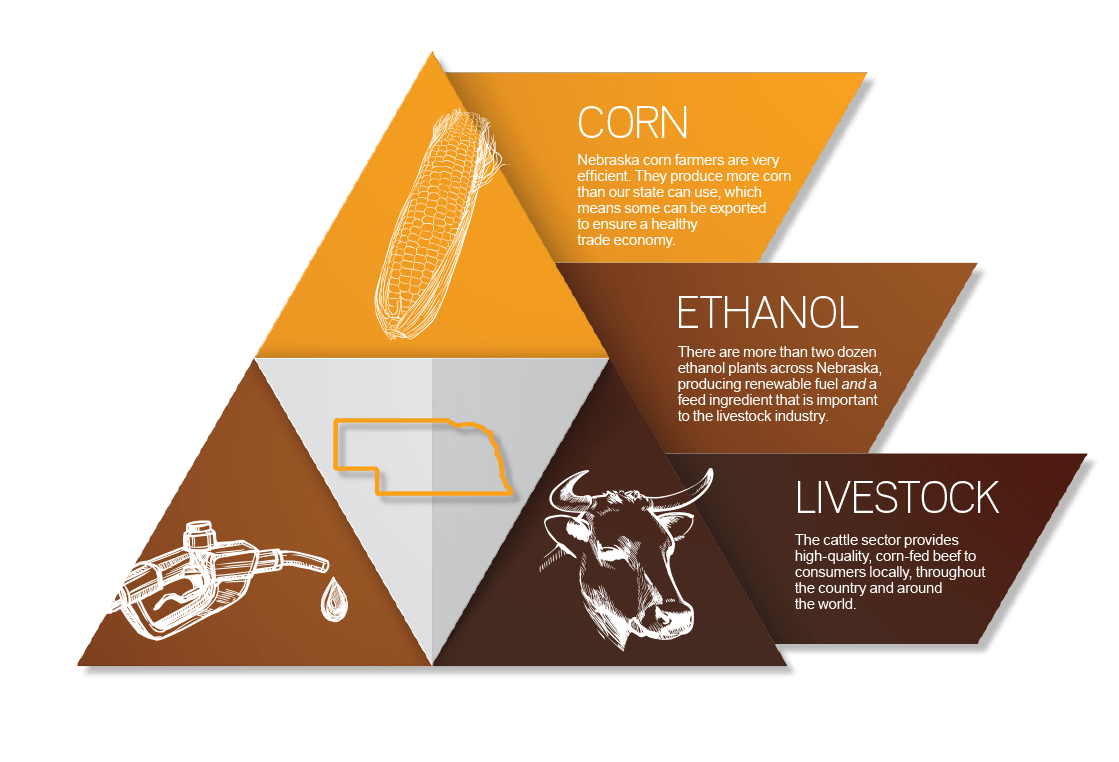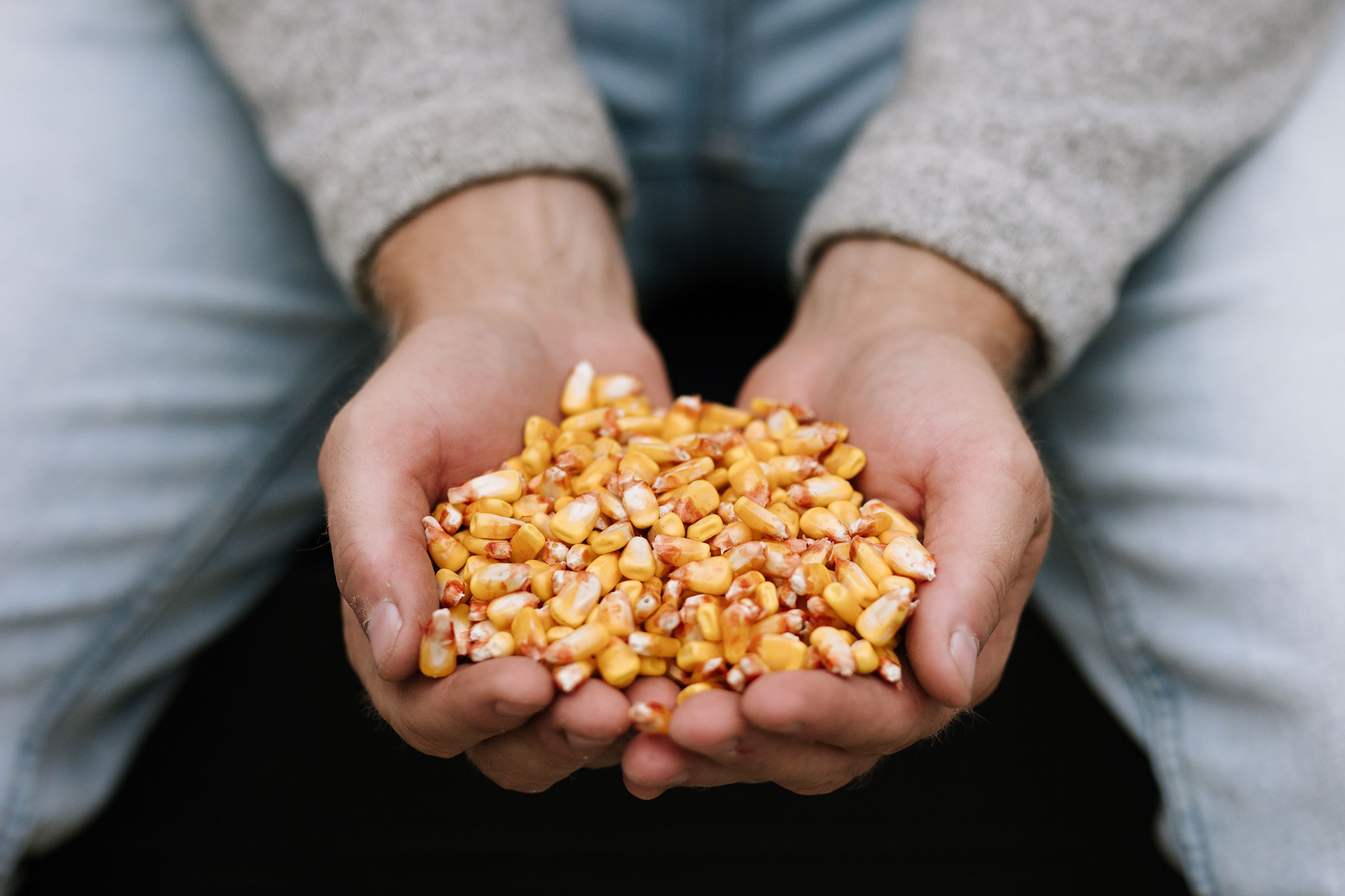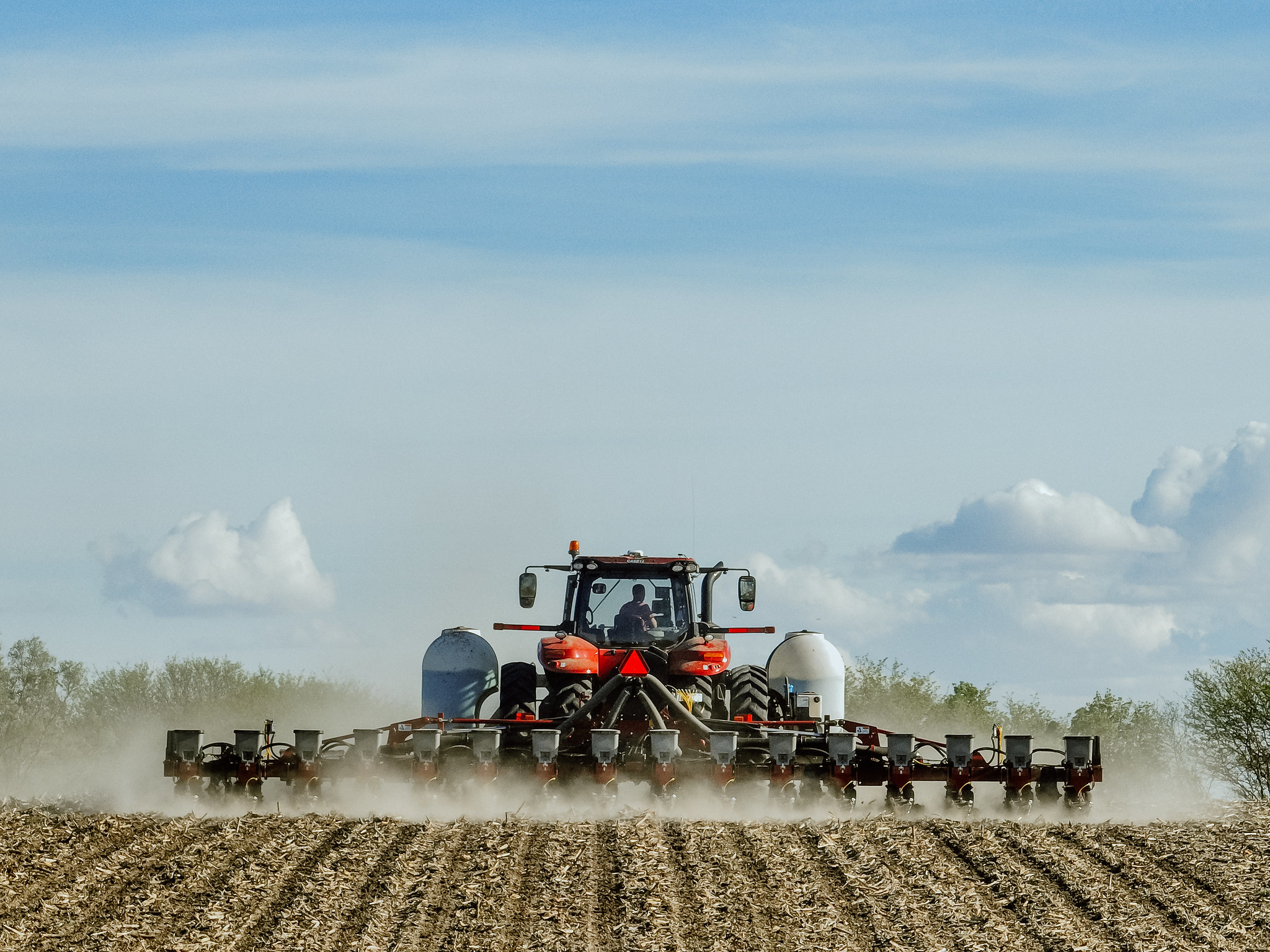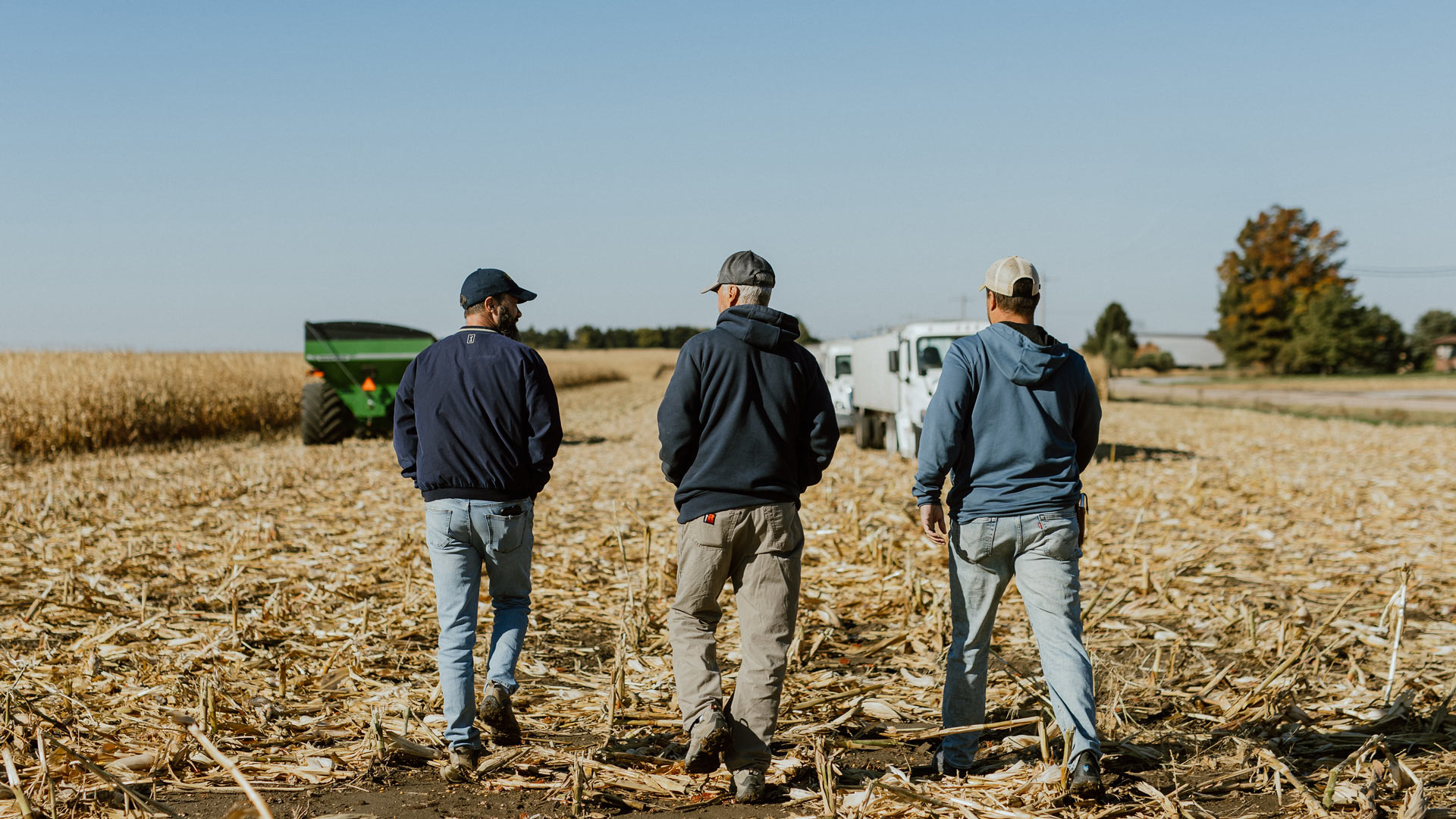
Nebraska is the third-largest producer of corn in the country, second in ethanol production and distillers grains (the feed ingredient produced by ethanol plants), second in cow-calf production and first in cattle on feed. It’s also an important location for the production of renewable corn-based polymers (bioplastics).
This means corn farmers have solid markets for corn – ethanol and livestock – while the two dozen ethanol plants across state then provide renewable fuel and a feed ingredient for the livestock industry.
This gives cattle feeders in Nebraska more feed options and an advantage over feeders in other states. The cattle sector then provides high-quality, corn-fed beef to people across town, throughout the country and around the world.
In essence, Nebraska’s Golden Triangle is a perfect way to add value to corn – via a renewable biofuel, distillers grains and meat production – all within Nebraska’s borders, providing an incredible economic engine for the state.




